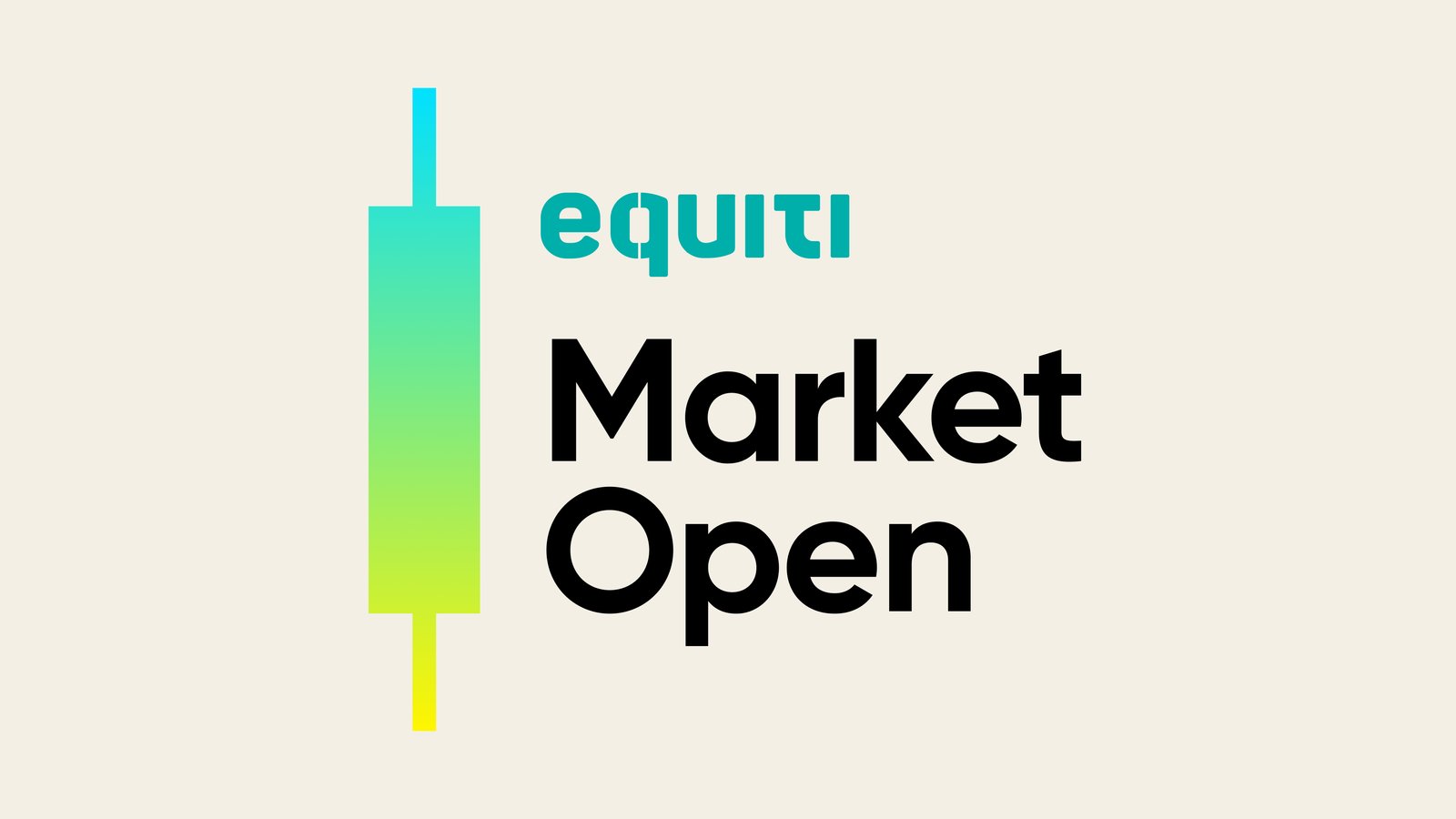PBoC Maintains Key Lending Rates, Focus Shifts to Fed Policy Decision and Oil Demand
People's Bank of China maintains key lending rates for seventh straight month

UBS takes over Credit Suisse in deal backed by Swiss government
People's Bank of China maintains key lending rates, cuts reserve ratio to boost economic recovery
Investors look to Fed's policy decision this week and oil prices stabilize amid government-backed takeover and strong Chinese demand
What’s happened in the markets?
US stock futures climbed on Monday, with investors showing a positive response to the takeover of Credit Suisse by UBS and the recent actions taken by global central banks to strengthen dollar liquidity. Futures contracts linked to the three major indexes all surged by approximately 0.6%. UBS, the largest bank in Switzerland, reached an agreement on Sunday to acquire Credit Suisse, the country's second-largest bank, for a sum of 3 billion Swiss Francs, equivalent to over $3.2 billion, or 0.75 francs per share. This offer represents a 60% reduction compared to Credit Suisse's closing price of 1.86 francs on Friday. Although UBS initially declined an offer of 1 billion francs, it later agreed to the deal at 3 billion francs. The Swiss government has committed more than $9 billion to underwrite specific losses, while the Swiss National Bank will provide UBS with over $100 billion of liquidity to finalize the agreement. This transaction will entirely remove approximately $17.3 billion in CoCo bonds, also known as Alternative Tier-1 bonds.
China's central bank, the People's Bank of China (PBoC), has decided to keep its key lending rates unchanged in March for the seventh consecutive month, as was widely expected. The one-year loan prime rate (LPR), which is used by the medium-term lending facility for household and corporate loans, remains at 3.65%, while the five-year rate, which serves as a reference for mortgages, remains at 4.3%. This decision follows the central bank's decision last week to maintain its medium-term policy rate at 2.75%. The governor of PBoC, Yi Gang, stated earlier in March that the current interest rate level is "appropriate" but suggested that there was a need to unleash long-term funds for banks. On March 17th, the central bank cut the reserve requirement ratio for financial institutions by 25 basis points, marking the first cut in banks' reserve ratio since December and in line with market expectations, as policymakers continue to support China's economic recovery.
What to watch?
Investors are turning their attention to the upcoming policy decision by the Federal Reserve on Wednesday. The market expects a moderate 25 basis point rate increase due to the easing inflationary pressures and recent banking turmoil. On Monday, WTI crude futures stabilized above $66 per barrel, supported by the takeover of Credit Suisse by UBS, and coordinated action by major central banks to boost dollar liquidity. These moves helped alleviate concerns about a wider banking and financial crisis, and supported risk assets. Strong demand from China's top crude importer, Unipec, which bought 2 million barrels of the North Sea's Johan Sverdrup crude, also bolstered oil prices. Data also showed that China's oil imports increased 12% YoY in February. However, the US oil benchmark fell 12.7% last week to its weakest levels since December 2021, after the global banking turmoil that started with the collapse of Silicon Valley Bank stoked fears of broader weakness in the world economy and rattled financial markets. Investors are also keeping an eye on any potential response from OPEC+ to the rout, although the group is expected to stay put for now.

